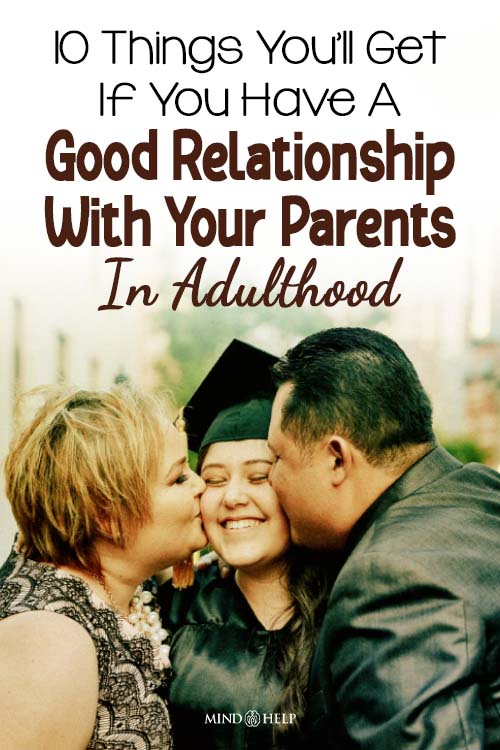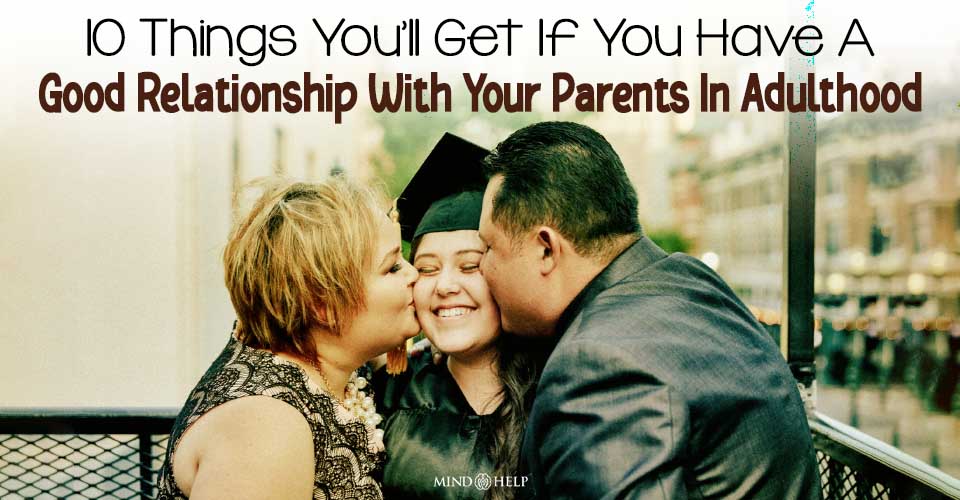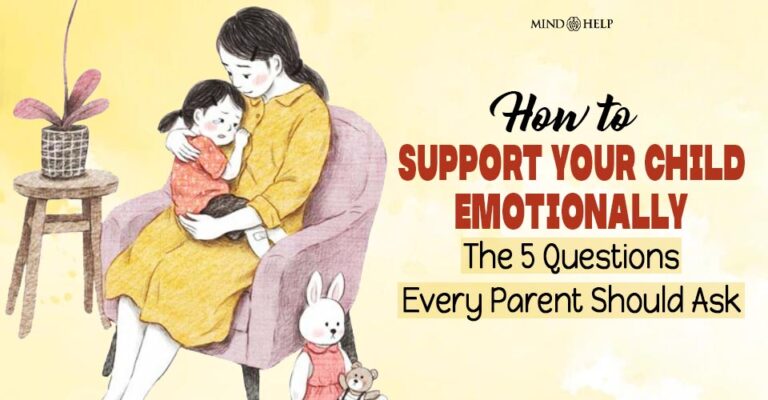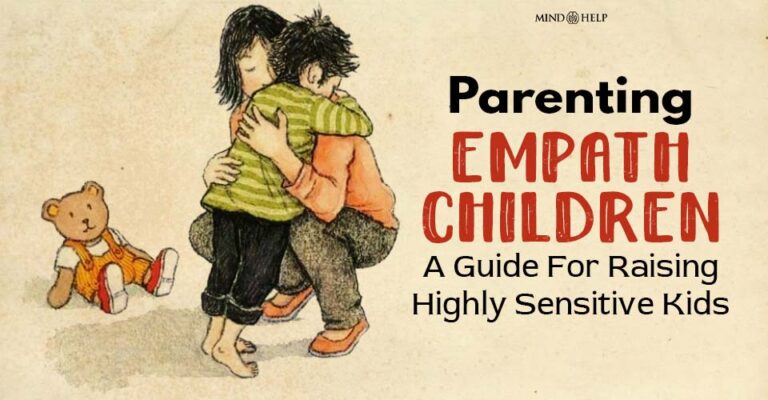The relationship with parents in adulthood changes in ways we often don’t expect. It’s not usually shaped by big, dramatic moments, but by small shifts, quiet conversations over dinner, unexpected apologies, or simple acts of kindness.
These are the moments that reshape how we see our parents, and how we relate to them.
As we grow older, many of us begin to see our parents not just as caregivers, but as people, with flaws, histories, and emotions of their own. This realization can lead to a deeper, more meaningful connection.
A good relationship with your parents doesn’t mean everything has always been perfect. It means learning to see each other more clearly, accepting one another, and growing together despite past misunderstandings.
Read more here: How Does Childhood Trauma Affect The Brain? 4 Emotional Wounds

Below are some common experiences for adults who become close with parents later in life:
10 Things You’ll Get If You Have A Good Relationship With Parents In Adulthood
1. You See Them as People, Not Just Parents
One of the biggest emotional shifts in adulthood is realizing that your parents are just people, too. They made mistakes, had goals, experienced fears, and didn’t always have the answers. Understanding this makes room for compassion and mutual respec
2. Conversations Become More Honest
As adults, we start having deeper conversations with our parents, about their past, their regrets, their memories. We also begin sharing more of ourselves. These open, honest discussions can strengthen the emotional connection.
3. Time Feels More Valuable
When you’re close with parents as an adult, time together becomes more meaningful. You start to treasure simple things: a phone call, a shared meal, or a laugh during a quiet moment. These experiences start to feel like gifts.
4. Boundaries Help the Relationship Grow
Having a good relationship with your parents doesn’t mean being available all the time. Healthy boundaries, emotional and physical help prevent burnout and reduce conflict. Respecting each other’s space is a sign of maturity.
5. You Begin to Care for Them, Too
As the parent-child dynamic shifts, you may find yourself worrying about them more. Their health, their well-being, and their happiness become important to you. This role reversal is common and often brings families closer.
6. The Little Things Start to Matter More
When you’re close with your parents in adulthood, everyday interactions, like a familiar story or a shared joke, take on greater emotional weight. You notice and appreciate the small, steady ways they show love.
7. You Want to Make New Memories
Adults who feel emotionally close to their parents often seek out new experiences together—whether that’s traveling, cooking, or simply spending more intentional time together. These new memories build on the past in a positive way.
8. You Learn to Forgive
Over time, many people realize that forgiveness is necessary for a deeper bond. A good relationship with your parents doesn’t erase the past, but it can allow space for healing and moving forward.
9. You Accept Differences
In adulthood, it’s common to have different values, beliefs, or lifestyles than your parents. But closeness grows when these differences are acknowledged and respected, instead of becoming sources of tension.
10. Gratitude Replaces Expectations
You may stop focusing on what the relationship “should” have been and start appreciating what it is. Gratitude for the present can ease old disappointments and help build a more peaceful, loving connection.
The relationship with parents in adulthood is a unique journey. For those who become close with parents later in life, it’s a sign of growth, forgiveness, and emotional maturity. Having a good relationship with your parents isn’t about perfection—it’s about mutual understanding, effort, and love.
Read more here: How To Raise Mentally Strong Kids Who Are Ready For The Future
If you’re lucky enough to have that connection now, take time to appreciate it. It’s one of the most grounding and meaningful relationships adulthood can offer.









